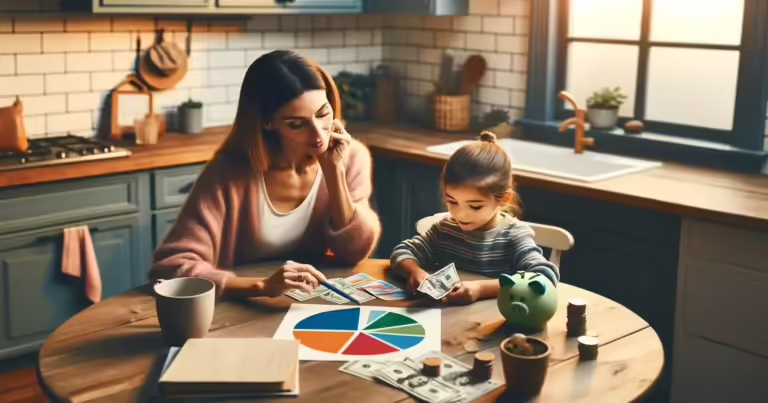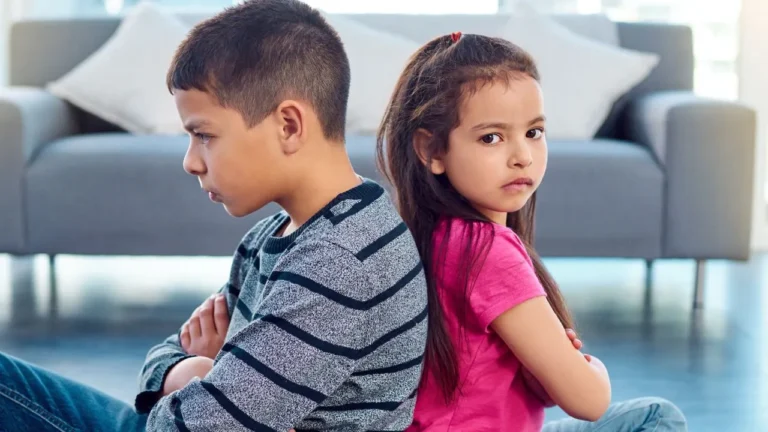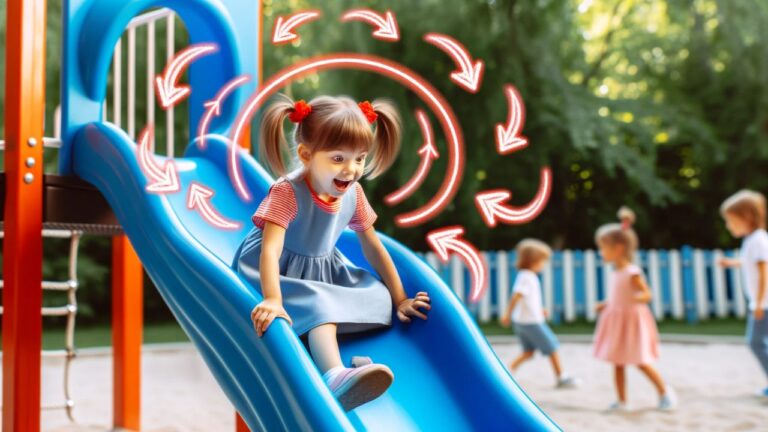How to Teach Your Child to be a Critical Thinker: A Comprehensive Guide

As parents, we all strive to give our children the tools they need to succeed in a complex and ever-changing world. In today’s fast-paced and information-saturated landscape, the ability to think critically and independently is paramount.
Our kids are bombarded with information from multiple sources, and it can be challenging for them to differentiate between fact and fiction, truth, and lies.
However, by equipping your child with the skills and strategies to become a critical thinker, you can help them stand out among their peers and navigate the complexities of our modern society. At trendingkidstuff.com, we understand the importance of cultivating strong critical thinking skills in children, and we’re here to help you do just that.
Our comprehensive guide provides practical tips and techniques to teach your child how to analyze, evaluate, and interpret information. We’ll show you how to identify cognitive biases and how to ask the right questions to get to the heart of any matter. With our guidance, your child will be able to think critically in any situation – at school, online, or in their daily interactions with others.
Our approach is grounded in cutting-edge research and is designed to be engaging and interactive. We believe that learning should be fun and that children should enjoy the process of developing new skills. By following our guide, you can help your child become a confident and independent thinker, ready to face the challenges of the world.
Why Critical Thinking is Important for Kids
Critical thinking is the ability to analyze and evaluate information, ideas, and arguments to make sound decisions. It is an essential skill for success in today’s world, where children are exposed to a vast amount of information from multiple sources.
By teaching our children to think critically, we equip them with the ability to navigate this complex world and make informed decisions. Here are some of the benefits of teaching critical thinking to kids:
how to teach a child to think critically
Encourage Questions
One of the best ways to teach critical thinking is to encourage your child to ask questions. Encourage them to ask questions about the things they read, watch, or hear. This will help them develop a curious mindset and a desire to understand the world around them.
By encouraging your child to ask questions about the world around them, you can help them cultivate a sense of curiosity that will drive their desire to learn and understand.
Whether it’s asking about something they’ve read in a book, seen on TV, or heard from a friend, fostering a habit of asking questions is one of the most effective ways to build a foundation of critical thinking skills.
By encouraging your child to dig deeper and seek out answers, you’re helping them develop the analytical and problem-solving skills that will serve them well throughout their lives.
So, what kinds of questions should you encourage your child to ask? Well, anything that piques their interest is a great place to start. From the whys and hows of the natural world to the social and cultural nuances of the people around them, there’s no limit to the topics that can spark their curiosity.
If you want to help your child become a critical thinker and a lifelong learner, the simple act of encouraging them to ask questions is a powerful way to start. So don’t hesitate to spark their curiosity and watch as they grow into a more knowledgeable, engaged individual. Here are a few examples:
Teach Them to Evaluate the Information
It’s important to equip your child with skills that will serve them well throughout their lives. One essential skill that every child should learn is how to evaluate the information they come across. By teaching your child to ask questions like:
“Is this information credible?”, “Where did this information come from?”, and “Does this information align with what I already know?”, you’ll help them develop critical thinking skills that will be useful in school, in their future careers, and personal lives.
By encouraging your child to approach information with a healthy dose of skepticism, you’ll help them become more discerning, independent thinkers who are better equipped to navigate the complexities of the world around them. So take the time to teach your child how to evaluate information, and you’ll be setting them up for success in countless ways. Teach them to ask questions like:
By teaching your child to evaluate information, you help them develop critical thinking skills that will serve them well throughout their lives.

Encourage Reasoning
Encourage your child to use reasoning and logic to make decisions. Teach them to analyze and evaluate information, and use that information to make informed decisions.
As parents, we all want our children to grow up to be independent thinkers who can make well-informed decisions. One way to help them achieve this is by teaching them to use reasoning and logic in their decision-making. By analyzing and evaluating information, they can arrive at more informed conclusions and make better choices.
Encouraging your child to develop their critical thinking skills is an essential part of their intellectual growth. It will give them the tools they need to navigate the complex world around them with confidence and clarity. By asking questions and seeking answers, they’ll learn to think critically about the information they receive and develop the ability to draw their conclusion.
So, next time your child faces a tough decision, take a step back and encourage them to think critically about the situation. Help them to evaluate the options and weigh the pros and cons. By doing so, you’ll be setting them on a path toward a lifetime of confident, informed decision-making. Encourage them to:
Promote Creativity
Nurturing your child’s creativity is one of the most valuable gifts you can give them. Encourage them to let their imagination run wild, think big, and come up with innovative ideas that challenge the status quo. Teach them how to brainstorm effectively, think outside the box, and explore alternative perspectives that broaden their horizons.
By fostering these skills, you’ll be equipping your child with the ability to think critically and solve problems creatively – a crucial trait in today’s ever-evolving world. Not only will this set them up for success in their future careers, but it will also enable them to navigate through life with a sense of curiosity and a willingness to explore new possibilities.
So go ahead, and give your child the tools they need to thrive in the 21st century. Encourage their creativity, and watch as they soar to new heights of success and fulfillment!
Use Real-Life Examples
By using current events and issues that are relevant to your family or community, you can help your child develop their critical thinking abilities practically and engagingly.
To get started, try asking your child questions like “What do you think about this situation?” or “Why do you think that happened?” Encourage them to consider different perspectives and come up with their own unique solutions.
By practicing critical thinking skills in this way, your child will not only become a more well-rounded individual but also better equipped to tackle challenges in the future.
So why wait? Start incorporating real-life examples into your child’s learning today and watch their critical thinking skills soar!
By using real-life examples, you help your child develop critical thinking skills that are relevant to their lives.
Model Critical Thinking
One of the most effective ways to do this is to model critical thinking for them. By demonstrating how we assess information, weigh options, and examine various perspectives, we can help our children develop this essential skill.
So, how can we do this? One great way is to encourage our children to ask questions and challenge our thinking. When we provide them with space to question us and our beliefs, we show them that critical thinking is not only allowed but also welcomed.
Furthermore, it’s important to remember that children learn best through observation. When we model critical thinking in our daily lives, our children are more likely to internalize these habits and apply them in their decision-making processes.
Conclusion
Teaching your child to be a critical thinker is one of the most important skills you can give them. It will help them navigate the complex world we live in, make informed decisions, and achieve success in their academic and personal lives.
By following the tips and strategies outlined in this comprehensive guide, you can help your child develop strong critical thinking skills that will serve them well throughout their lives.
Remember to encourage questions, teach them to evaluate information, promote reasoning and creativity, use real-life examples, and model critical thinking. With your guidance and support, your child can develop the critical thinking skills they need to succeed in today’s world.






